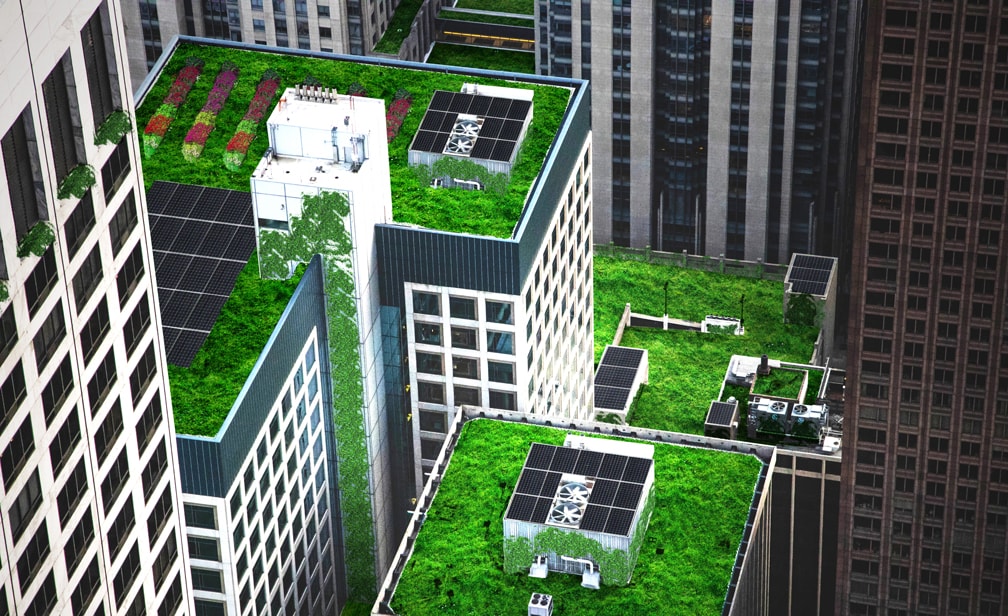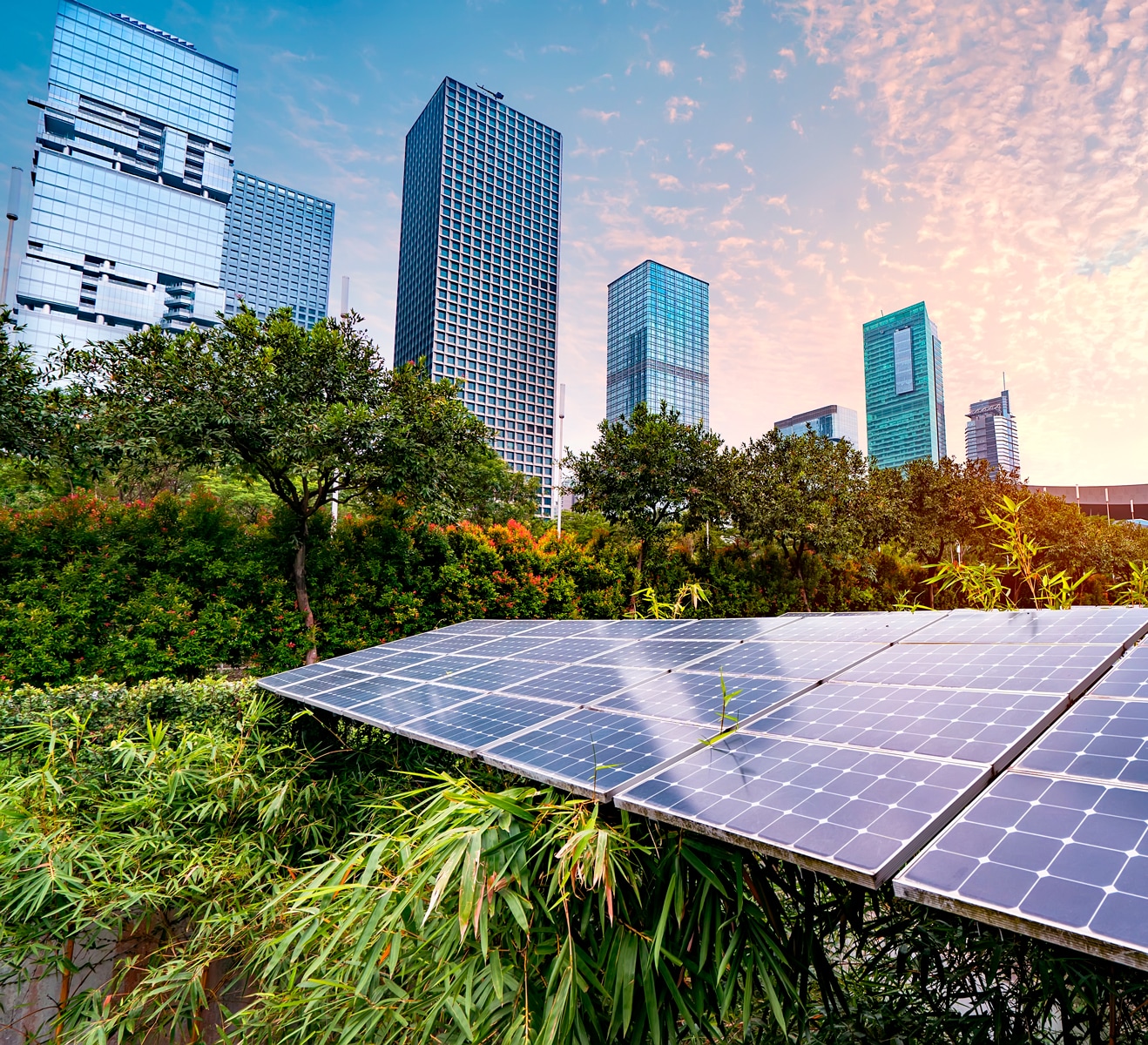Net zero: the new narrative for action on climate change
PwC’s three-part net zero thought leadership series explores the challenges and opportunities facing organisations in Aotearoa New Zealand as they undergo significant transformation to achieve net zero.
Aotearoa New Zealand’s net zero ambition
Aotearoa New Zealand has emissions reduction targets under the Paris Agreement and enshrined in law by the zero carbon amendment to the Climate Change Response Act (CCRA) 2002, passed in 2019. Under the Paris Agreement, the Government has pledged to reduce New Zealand’s net emissions to 50% below gross 2005 levels by 2030, with a further goal under the CCRA of net zero emissions of all gasses other than biogenic methane by 2050. Emissions of biogenic methane (methane from agriculture and waste) have a separate target of 10% below 2017 levels by 2030 and 24-47% below 2017 levels by 2050.
So far, the Government has implemented only very few policy and regulation tools available to get to net zero emissions. Under the Climate Change Commission’s (CCC) current policy reference scenario, gross emissions (emissions from all sectors except land use, land use change and forestry) would reduce by 9% relative to 2019 levels by 2030. This means that, under current policies, meeting our 2030 target under the Paris Agreement would rely heavily on forestry as a carbon sink and the purchase of offshore carbon credits.
The New Zealand Emissions Trading Scheme’s current settings (breakout box 1) incentivise exotic plantation forestry as a mitigation option. However, the Government’s historic reliance on forestry to meet our previous emissions reduction targets have left us poorly placed to rapidly reduce gross emissions and meet our 2030 and 2050 targets. It’s critical that we reduce our reliance on forestry to achieve emissions reductions.
The release of the first Emissions Reduction Plan (ERP) in May 2022 outlined additional policies the government will implement to reduce, sequester or avoid emissions to help Aotearoa New Zealand achieve its emissions budgets (breakout box 2). One thing that's certain is that action to achieve net zero needs to begin immediately.
“Transformation is necessary and net zero has to be achieved by the reduction of absolute emissions from the atmosphere, with hard-to-abate emissions being removed.”
Decarbonising the economy to net zero emissions
In 2018, the Intergovernmental Panel on Climate Change (IPCC)’s Special Report on 1.5°C warned that to meet the 1.5°C temperature goal and avoid the most catastrophic impacts of climate change, global carbon dioxide (CO2) emissions must drop to net zero by 2050, and go negative thereafter, alongside deep reductions in methane and nitrous oxide. Since then, the concept of net zero has moved from relative obscurity to the centre stage of efforts to halt dangerous climate change. In 2019, net zero pledges covered 16% of the global economy. Now nearly 90% of the global economy is committed to net zero by 2050.
Reaching net zero global emissions is the internationally agreed goal for mitigating global warming in the second half of this century. Achieving net zero emissions means that some hard and expensive-to-abate greenhouse gases (GHG) are likely to be released, but these are offset by removing an equivalent amount of CO2 from the atmosphere and storing it permanently in soil, plants, or materials. It is critical that this sequestered carbon does not leak back into the atmosphere over time, for example through the destruction of forests or the improper storage of removed carbon dioxide.

Each country is responsible for setting its own policies to achieve the common goal of limiting warming to 1.5°C globally. For those countries who are signatories to the Paris Agreement, this is done through Nationally Determined Contributions. The delivery of these plans will take place at the local level with all countries needing to develop plans as to how they intend to achieve reductions in GHG emissions. Businesses will play a critical role in achieving these country level goals.
Not all targets to achieve net zero are, or should be created equal. But, how countries and business define net zero and the strategy or pathway they chose to get there, varies and is often inconsistent. Targets can differ in terms of the scope and sources of GHG emissions included in the target, the depth and speed at which emissions are reduced, and the timeframe of the target. These differences have fueled confusion and accusations of greenwashing.
A rapidly warming world
We’re running out of time to keep warming below 1.5°C. Currently the world is far below the required 12.9% per annum rate of decarbonisation to reach the 1.5°C target, with an annual rate of decarbonisation of just 2.5% in 2020, up slightly from 2.4% in 2019. This means annual global decarbonisation must accelerate to five times its current rate in order to stay on track to not exceed 1.5°C of warming.
Rapid, deep and immediate cuts in CO2 emissions need to happen. The need to speed up decarbonisation has never been more urgent. Despite the lack of progress to date and the economic headwinds, there is an encouraging shift in momentum across the world. Globally, 120 countries have set targets to reach net zero (by at least 2060) including large emitting countries such as the USA, India and China.
These pledges are only enough to limit warming to between 1.8-2.7°C; there is a literal burning platform. Transformation is essential and net zero must be achieved by the reduction of gross emissions, with only hard-to-abate emissions being removed.













